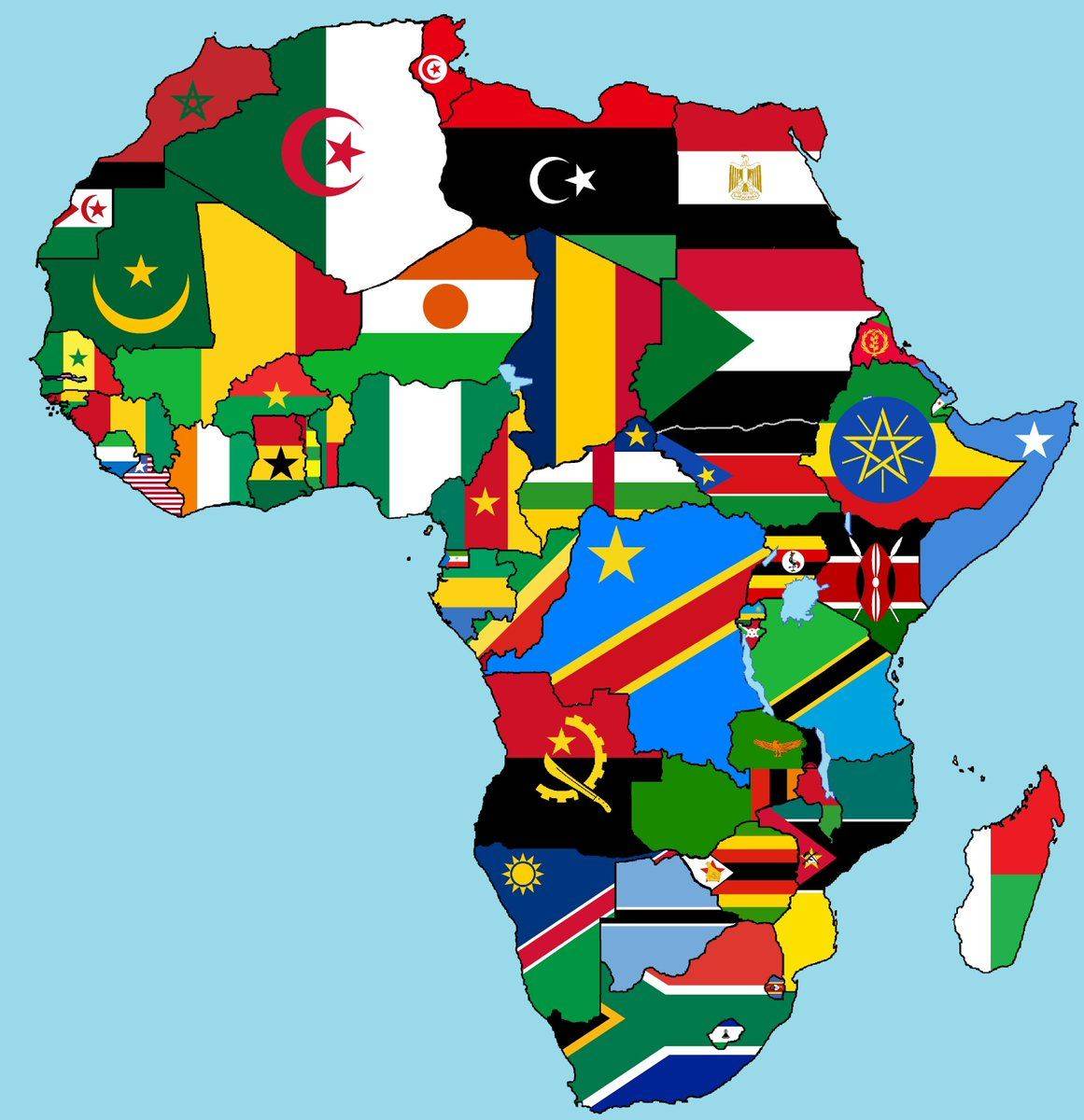Africa is a vibrant and diverse continent with incredible potential for growth and prosperity. However, it is no secret that several African countries face economic problems and struggle with
Photo: A map Africa with their respective flags
Historical factors:
One important aspect to consider is the historical context. Many African countries have a complex legacy of colonization, which has left a lasting impact on their economies. Decades of tyrannical colonial rule disrupted local trade, exploited resources and prevented the development of sustainable industries. These historical injustices continue to affect economic stability in various ways.
Governance and political stability:
Effective governance and political stability are essential components of a prosperous economy. In some African countries, political instability, corruption and weak institutions hinder progress and hinder foreign investment. A lack of transparent and accountable administrative structures can lead to mismanagement of public funds and hinder economic development.
Photo: African Union Headquarters
Infrastructure and connectivity:
Infrastructure and connectivity are vital
Photo: An infrastructural road in Africa
Education and skills development:
A well-educated and skilled population is a valuable asset to the economic progress of any country. African states face challenges in providing quality education, training and skills development opportunities to their citizens. Limited access to education and lack of investment in human capital can hinder innovation and economic diversification.
External factors:
External factors such as global trade dynamics, commodity prices and climate change also affect the economic stability of African countries. Fluctuating commodity prices can impact exports, while climate change can wreak havoc on agricultural sectors, with serious implications for countries heavily dependent on agriculture.
It is important to remember that each African country has its own unique conditions and generalizations should be avoided. Economic challenges in African countries are the result of a complex interplay of historical, political, infrastructural, educational and external factors. Addressing these challenges requires a comprehensive and multifaceted approach that emphasizes good governance, investment in education and infrastructure, and fostering an enabling environment for sustainable economic growth.




No comments yet
Be the first to share your thoughts!